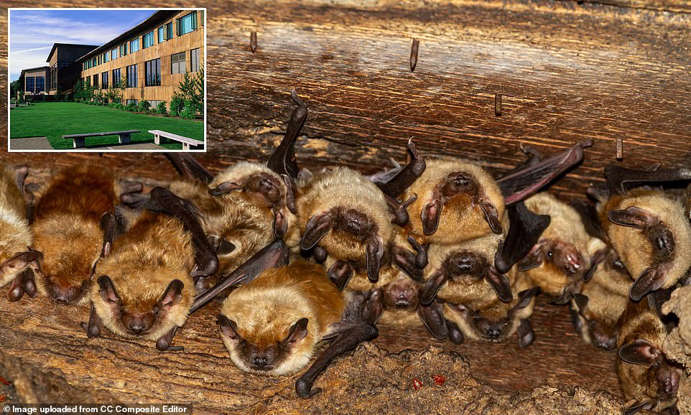Health officials are alerting hundreds of visitors from across the United States and several other countries after bats in cabins at Grand Teton National Park, Wyoming, may have exposed them to rabies.
Bat presence in Jackson Lake Lodge cabins
Bats were discovered in eight cabins at Jackson Lake Lodge. Although tests on the small number of captured bats returned negative for rabies, authorities are urging caution.
Dr Alexia Harrist, Wyoming State Health Officer, explained that the tested bats represent only a fraction of the colony in the attic above the cabins. Many bats flew out through doors and windows, while most stayed in the attic rather than entering the living spaces.
“As a precaution, we are contacting everyone who stayed in these cabins recently,” Harrist said. “Bat bites or scratches can be hard to notice, especially while sleeping.”
The cabins have remained closed since 27 July, when the bat problem was first identified, and authorities do not plan to reopen them yet.
Rabies risks and preventive measures
Rabies, often transmitted by bats, is almost always fatal once symptoms appear. However, a post-exposure vaccination of five shots over two weeks effectively prevents illness if administered promptly, Harrist said.
The cabins reopened in May after winter closure, and officials estimate that about 500 people stayed in them based on 250 reservations through late July. Authorities are contacting visitors in 38 US states and seven other countries. The US Centers for Disease Control and Prevention is helping reach international visitors.
Visitors who stayed in cabins 516, 518, 520, 522, 524, 526, 528, or 530 this year should contact a doctor or health authority immediately. Officials recommend vaccination for those who had direct contact with bats, deep sleepers who found a bat in their room, and young children who could not report sightings.
Ongoing safety measures
Emily Curren, Wyoming’s public health veterinarian, said tests on three or four dead bats were negative. One bat could not be tested due to insufficient tissue. All were brown bats, which exist in two species in Wyoming: “little” and “big.” Both species live in colonies of 30 to 100 individuals.
“We cannot rule out the risk of rabies from every bat that entered these cabins,” Curren said.
Grand Teton National Park confirmed they will not exterminate the bats. They installed devices to prevent the bats from re-entering the building after leaving to feed.
Authorities reassured the public that visitor safety at Jackson Lake Lodge remains high, including for the Federal Reserve economic policy symposium from 21–23 August.
“The lodge company has taken thorough steps to ensure the safety of all visitors this year,” Curren added.
